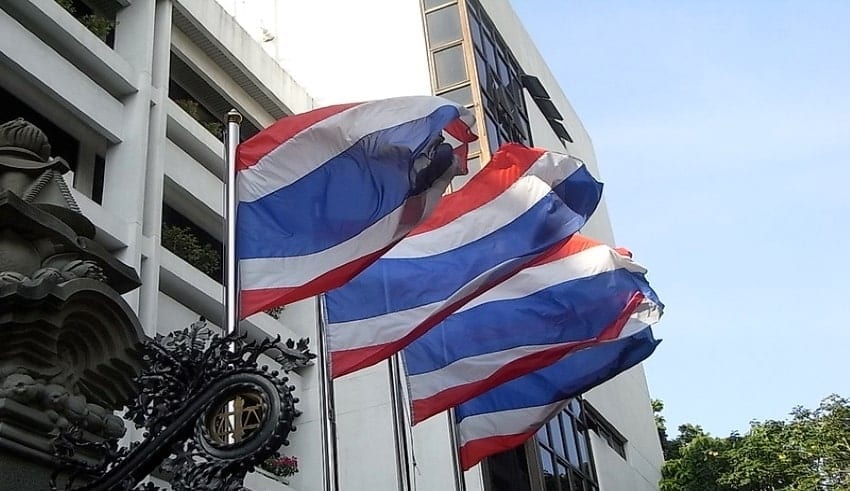
The concerns over the political issues never stops as the government pundits have voiced their interests over lawful entanglements that may prevent a sanction revise if the Constitutional Court rules on the legitimateness of the proposed corrections past the point of no return.
The worries were raised at a conversation went to by Khunying Sudarat Keyuraphan, who is head of the Srang Thai Party; Pokin Polakul, the gathering center pioneer; Pongthep Thepkanchana, administrator of the principle resistance Pheu Thai Party’s gathering advancement system council; and Yingcheep Atchanont, addressing the Internet Law Reform Dialog (iLaw) gathering.
A key inquiry put to the members was whether the alterations – presently contained in a draft charge which has passed a second perusing examination in parliament – stands to be rejected if the Constitutional Court gives its decision after the bill clears its third and last perusing between March 17-18th.
The worries shared by the conversation members were that if the joint sitting of MPs and congresspersons passed the bill in its third perusing to permit the entire sanction to be revamped, it may negate what the Constitutional Court leads later. On the off chance that after the third perusing the court chooses the contract must be corrected area by segment, the move by parliament to change the whole sanction would be wrecked.
Mr Yingcheep said the post-third perusing administering by the court would depict the court as the explanation behind the contract rework delay. He recommended the representatives vote to sink the draft correction bill in the third perusing as opposed to allow the cycle to proceed with possibly to be rejected later if and when the court rules against altering the whole contract.
Along with this, Mr Pongthep conceded a court administering made after a third perusing introduced a worry and it would be ideal if the choice were to be spread the word about in the near future.
Mr Pokin shared that if the court decided for segment by-segment correction, it would adequately permit the public authority a free hand in seeking after the progressions since this strategy addresses the public authority’s remain on the alteration issue.























